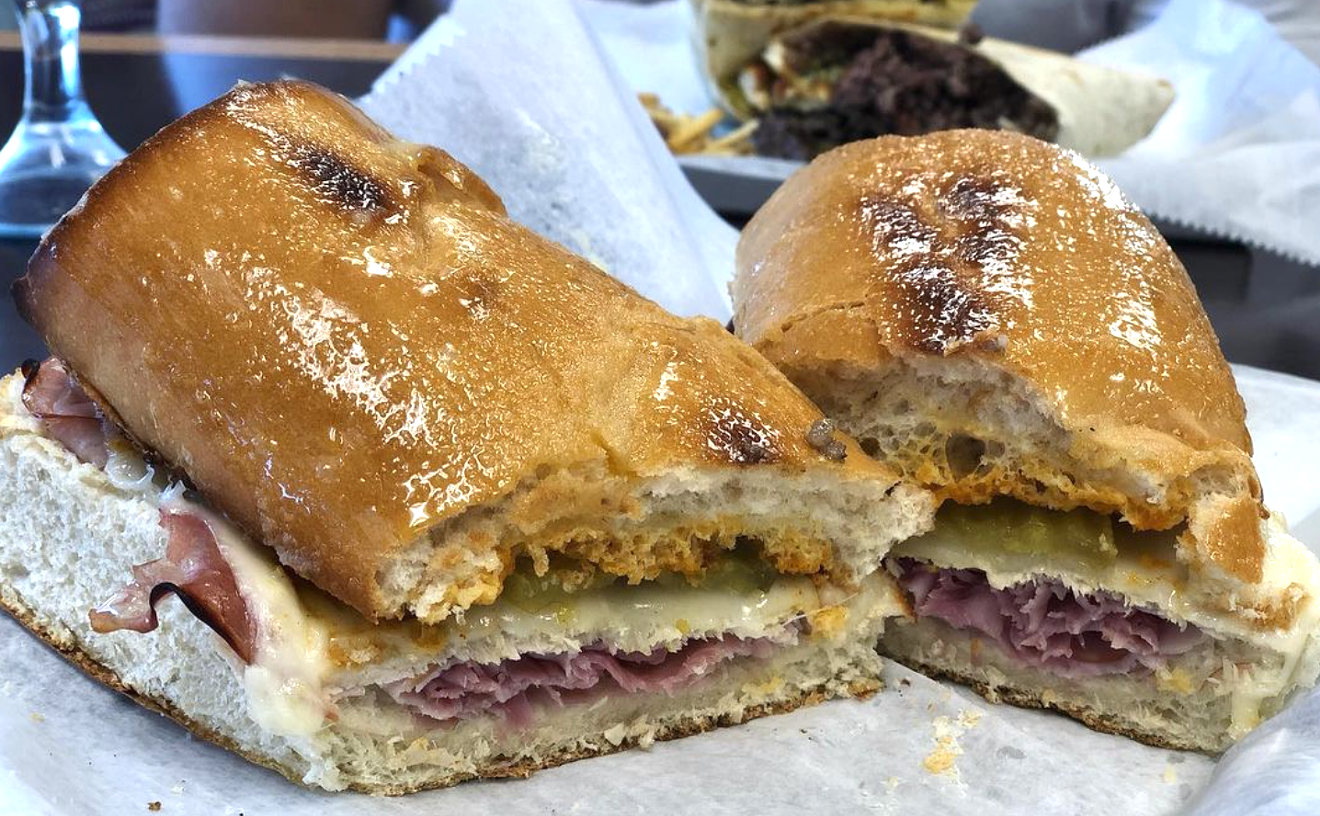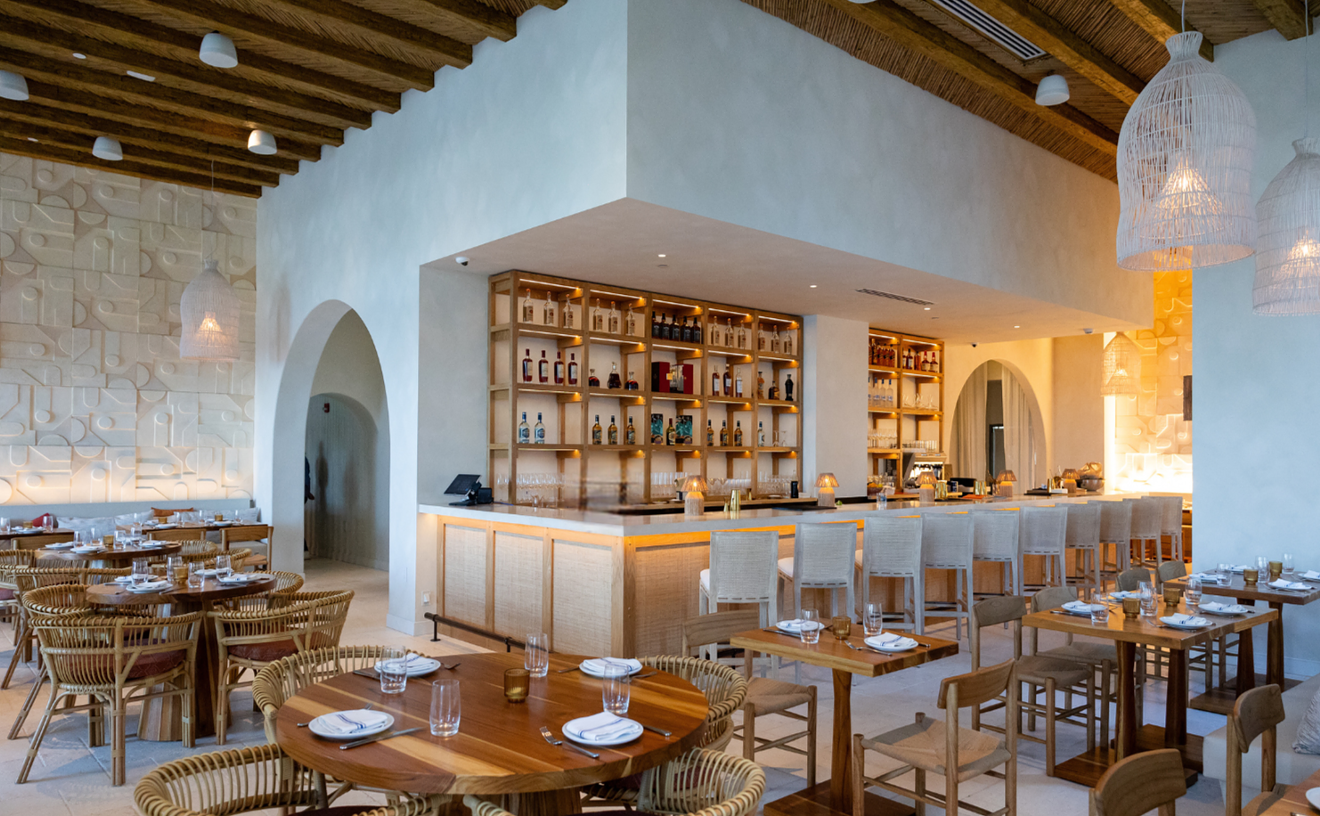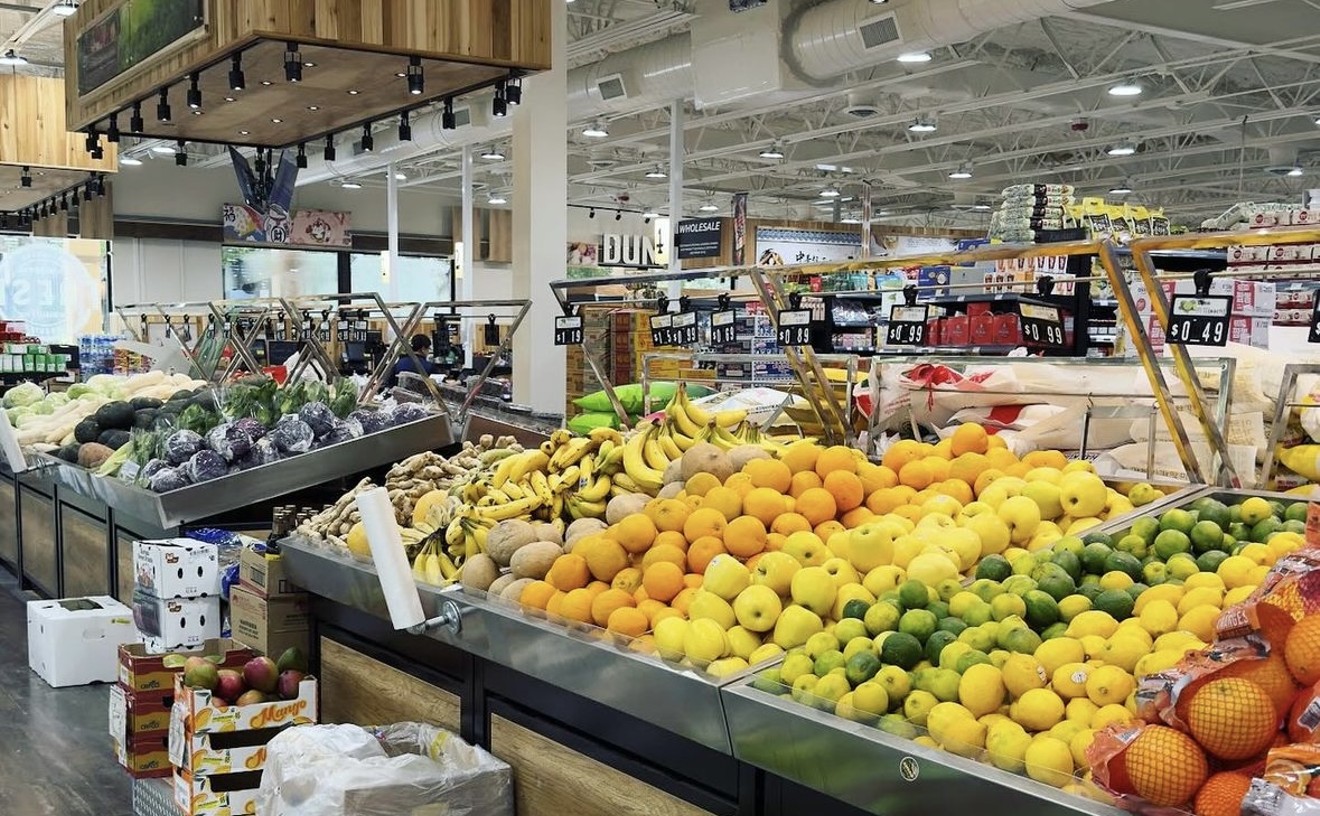The most recent time I heard this concept addressed was at last month's South Beach Wine & Food Festival, by Alice Waters, considered the Godmother of New American cuisine because she spearheaded the retro-revolutionary movement of the 1970s. That movement directed cooking away from the canned "convenience food" that dominated American kitchens post-World War II and back toward meals made as they were in farm-centered, pre-industrial times, from fresh, seasonal, locally produced ingredients. The revelation that triggered Waters's revolution was a late-1960s sojourn in France, which abounded in little local bistros that produced honest, intense food whose smells and tastes strongly reflected their regions. Personally, I was just as thrilled as Waters to discover, after my first trip to France in the late 1970s, that it took nothing more than whipping up a simple Provençal fish soup, reconstructed from memory of the smell of the authentic spices and correct mix of fish, to transport me right back to the Riviera. Unfortunately few allegedly French bistros in this country provide the same sort of spectacular, seductive sensory memory-trigger; the word "bistro" here simply doesn't mean much.
At Le Croisic, however, the words "French Bistro," written on the restaurant's street sign, mean instant transport to France. Not that you'd guess from the outside; the place is located in the back end of what could well be, in a tightly competitive field, Miami's most nondescript, generically American suburban minimall. Inside, though, diners are greeted with an instant, spirited "bonjour!" and whisked to a table in what looks like a converted Breton farmhouse/barn, complete with a hay bale balanced on one of the high, exposed wooden ceiling beams. Service, with a smile, was from the owner (as is the case in many family-run restaurants in rural France), a young Parisian fellow with an irresistible, infectious charm. He was exactly the sort of server every restaurant needs. Come to think of it, France needs him serving in its diplomatic corps.
When the bistro opened just over two years ago, its original specialty was crêpes. Although the place no longer has South Florida's largest selection of crêpes -- the menu's now more classic Parisian bistro than Breton crêperie -- the varieties we tried of eight available were far superior to any I've had in the myriad of crêperies that've opened in town over the last couple of years. Especially authentic are the galettes (savory crêpes), made traditionally with sarrasin, a buckwheat that was nearly extinct in Brittany until revived by environmentalists only a couple of decades ago. The grain makes a nutty, formidable flour, more suited than ordinary wheat batter to hold up against fillings like Croisic's strongly flavored combination of chive-sprinkled fresh and smoked salmon, topped with crème fraîche and a bit of black "caviar" (that actually tasted like lumpfish, not sturgeon, roe).
The week's special savory "Crepe du Croisic" was especially interesting, the thin pancake folded into a huge roselike shape atop a filling of scallops and tender/crisp fresh asparagus in a rich yet light brandy sauce.
For a sweet crêpe, we chose a mysteriously monikered "black chocolate" model. What is it? "It is my very bad English!" proclaimed the proprietor. The delicate crêpe came drizzled with excellent, not-too-sweet dark chocolate sauce, accompanied by an unadvertised large scoop of vanilla ice cream plus whipped cream.
Other dishes were at least as tasty as the crêpes. Salmon tartar over vegetable carpaccio was the best I've had in ages, due to the absence of the usual AmerAsian fusion sesame oil overdose and the presence of caviar; a mesclun salad was served on the side. A larger Belgian endive salad, blended with mesclun, came perfectly dressed -- every leaf lightly coated, rather than soaked into submission -- the bitter greens complemented by a contrasting mixed topping of crumbled Roquefort cheese, diced pears, and spicy-sweet pecans. Ceviche, a blackboard special of sparkling fresh fish and shellfish, had been marinaded with equal skill, in a subtle sauce without too much vinegar.
And a simple steak/frites, the classic French bistro entrée, took me right back to my favorite cheap, unspoiled, unmentioned-in-any-guidebooks Paris hideaway. The entrecôte itself was actually a bit disappointing, medium-rare rather than bleu as ordered and containing a fair amount of gristle. But the fries (which can, and definitely should, be ordered à la carte, no matter what else you eat): ooh la la. These fresh, crisp, succulent shoestring-thin real potatoes, dunked in supplemental sides of creamy green peppercorn and tangy tarragon-flecked béarnaise sauce (just two bucks each), were very definitely French and not the "freedom" kind. After eating an order of them, I doubt even Dubya could leave Le Croisic with anything but warm, fuzzy feelings for France.
; .











